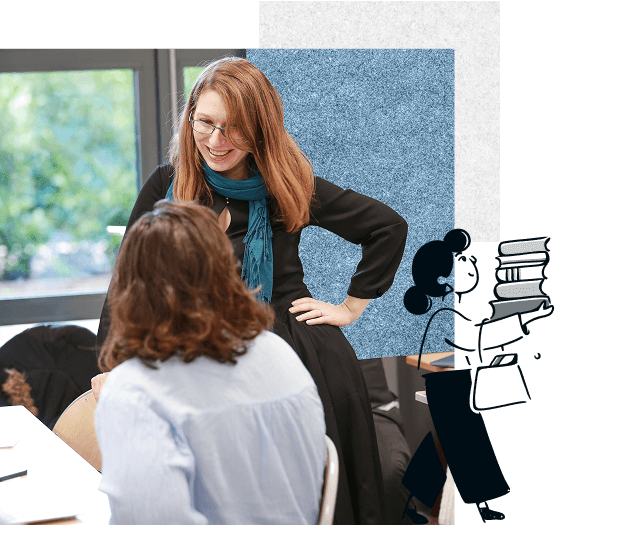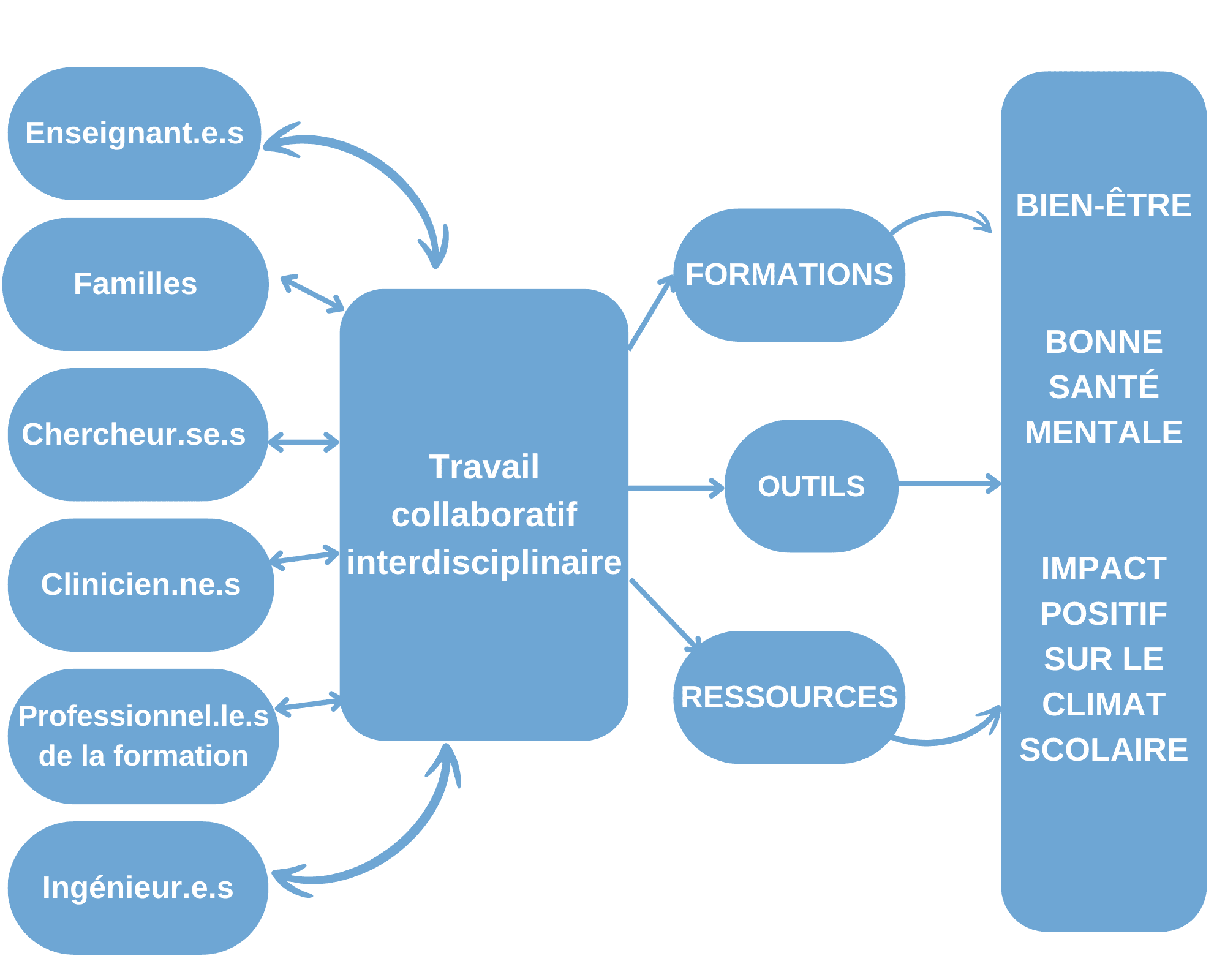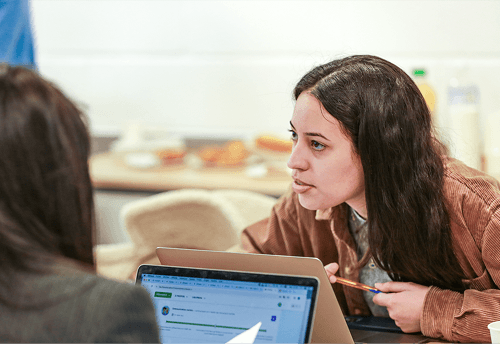TheLISAproject
From field experience
In 2019, Naïma Page, Cédric Page and Élie Rotenberg founded iféa, a network of schools combining kindness and high standards. They quickly discovered that perceptions of the same child differed depending on the adults involved: parents, teachers, psychologists, or doctors. This lack of a common language made it harder to support students.
The birth of LISA
In response, the founders of iféa created LISA: an initiative to better understand how young people function, identify their vulnerabilities, and provide all stakeholders with a shared framework.
The goal: to foster effective collaboration for the well-being and success of every student.





